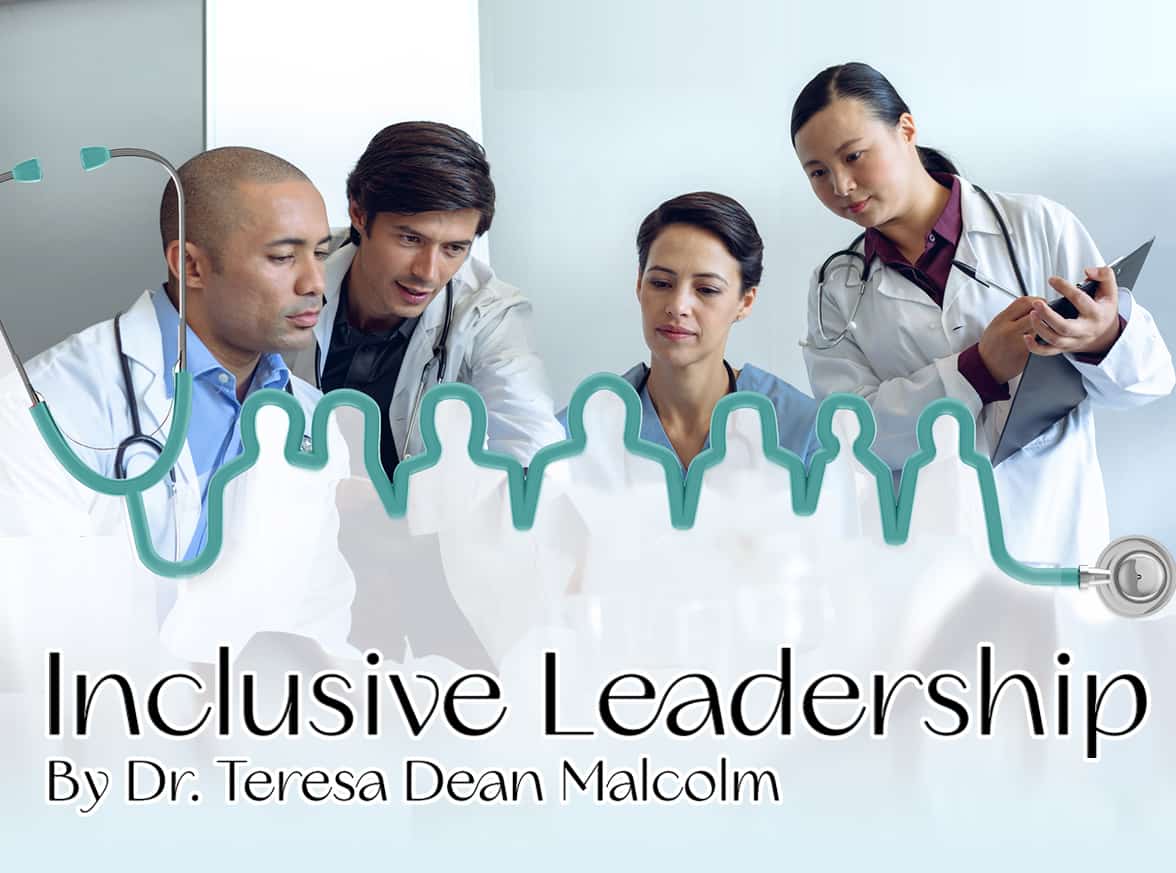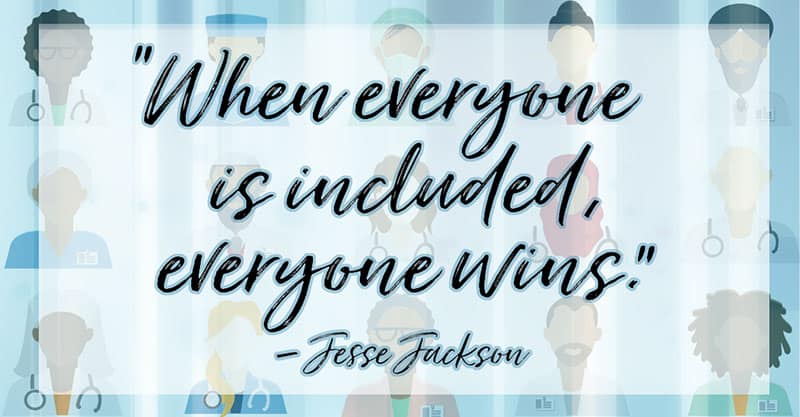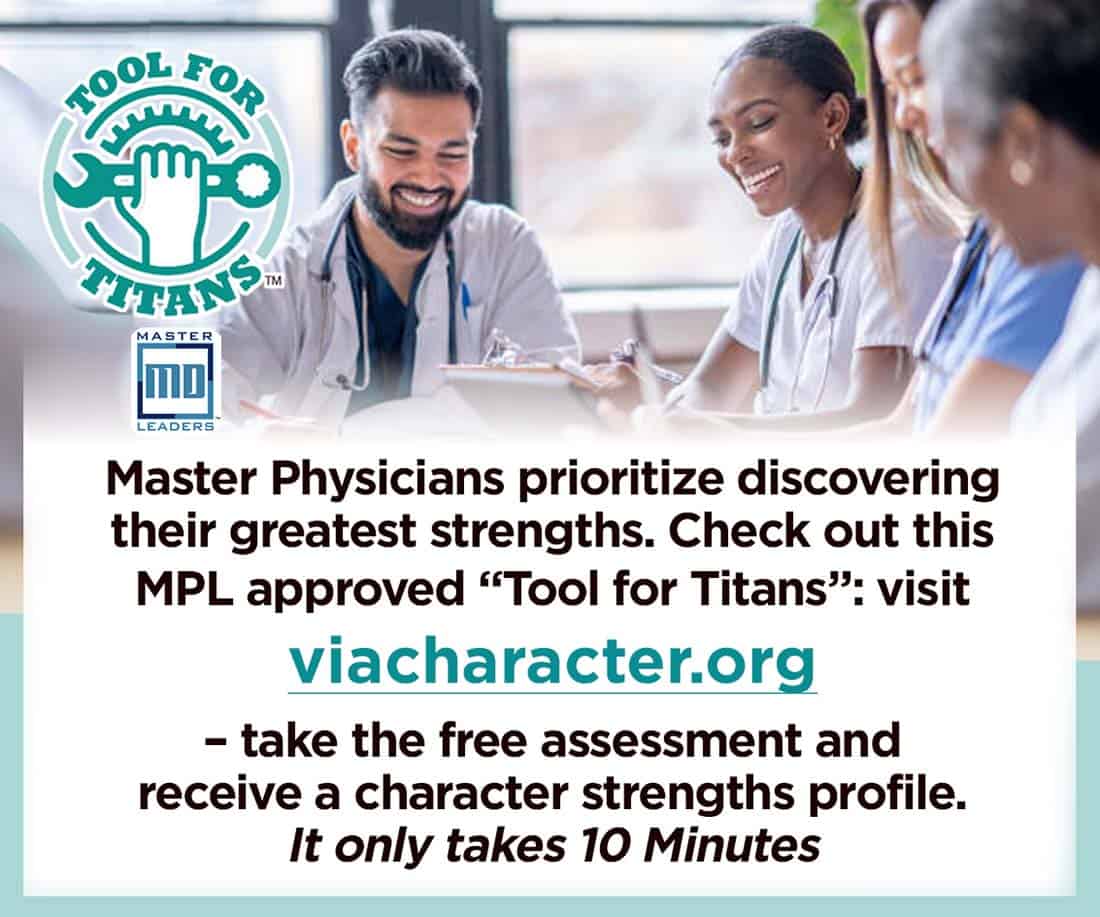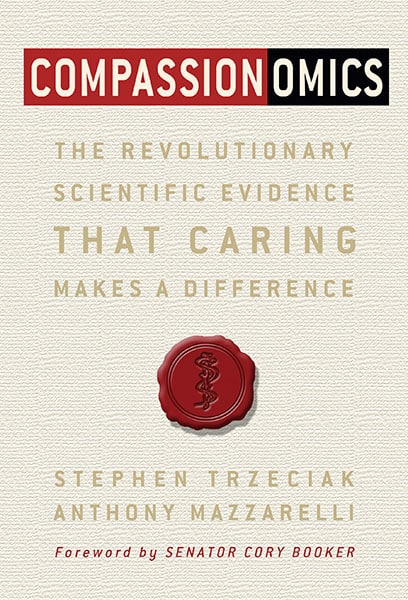Inclusive Leadership: Accepting, Valuing and Welcoming Differences as the Norm?

What will we accomplish here together? What do we want to amplify going forward? I didn’t have the answer to those questions, but I reminded myself that not every question has an answer on day one. All good things would be revealed, and soon, I would find my way.
The executive assistant greeted me when I entered the administrative office. Neither of us was clear about what was to happen next, so I was politely escorted to my colleague’s office, where I was invited to make myself comfortable.
A few minutes later, my new leader arrived. Following morning pleasantries and a little casual conversation, we spoke about the agenda for the morning. I learned that no one was aware that I was going to be working at the hospital as a member of the C-Suite—not the staff and certainly not the members of the medical staff.
I learned the announcement explaining my transfer and my predecessor’s transfer would take place at a town hall meeting scheduled for that morning. And I learned that until news of the reorganization had been broadly communicated, it was suggested that I stay in the office with the door closed and wait.
Wait for what exactly? I didn’t know. An invitation to attend the town hall? Wait for insight into how this unexpected overnight transition from one hospital to another was going to work for our mutual betterment?
What I did know, however, was that my leader didn’t initiate a conversation about what my role could be. There were no words of welcome to my new work home, no “it’s nice to have you here.” Instead, I sat alone in the office, less than one hour into my first day, questioning if I belonged there.
Unfortunately, my experience of feeling excluded is not a unique phenomenon. Every last one of us knows what it feels like to be excluded. We all have an outsider story to draw from – an experience of feeling different and wanting to be part of the “in-group.” Similarly, we have fundamental needs and wants as humans that are the same. We all want to be seen, heard, valued, and welcomed.
If we share the same basic needs and can relate on a personal level regarding the absence of belonging at work, why isn’t inclusion cultivated in the walls of today’s healthcare organizations?
What if inclusion was as commonplace throughout an organization as daily huddle discussions focused on quality and safety?
I’ve personally experienced what a difference inclusion and belonging can make in someone’s life. Because I’ve had my own struggle of working in an environment where inclusion felt like it was an afterthought, I’m inspired to create a space where everyone hears messages that say “we see you,” “you’re important,” and “we’re delighted that you are here.”

Leadership does matter. Our movements do matter – more than we remember and more than we know. In the example that I shared at the beginning, I received a message that I was not welcome. Even if that was not the intention, it was the impact. The smallest things can make people feel more or less included, valued, and respected in our healthcare systems and organizations.
Intention is one ingredient necessary to achieve an environment where everyone can thrive and contribute fully toward success. But I contend intention must be combined with self-awareness, courage, accountability, radical empathy, and respect. When the ingredients come together correctly, a transformative environment is created.
Like any dessert relies heavily on the quality of its ingredients to create a decadent experience for the consumer, inclusive environments rely heavily on the sincerity of its people to make real progress toward connectedness. If we are to transcend solving complex problems (i.e., healthcare disparities, excellence in safety and quality, physician engagement, and more), we must develop inclusive leaders.
Inclusive leadership is how we’ll design and ultimately achieve a space where diverse people are able to participate fully in the decision-making processes within a group or organization. I am committed to helping healthcare organizations promote inclusion as a leadership skill, thereby advancing it as more than “a nice to have,” but rather a “must-have” to be competitive in the marketplace.
Think about your first day at work. Or think about the best group to which you ever belonged. What made you feel welcome? How did other members show that you were valued as part of the group? Inclusion is the magic ingredient to achieve innovation among diverse group members. Inclusive leaders value who people are and what they offer, and they are mindful of their impact.




